
Translational Research at Manchester 2021 event – Tackling bottlenecks to deliver impact
The Translational Research at Manchester 2021 event was held on the 8/9th December. Professors Luke Georghiou and Nigel Hooper, Chair and co-chair of the Translational Partnership Award, welcomed Manchester’s translational research community to the 2-day hybrid event. The event was aimed at highlighting the successes and challenges of conducting translational research at Manchester around the theme of “tackling bottlenecks to deliver impact”.
The event was a mix of online events and face-to-face networking opportunities at the beautiful Whitworth Art Gallery. The online events were hosted on the ON24 platform and for those who were registered for the event, the sessions are available on demand.
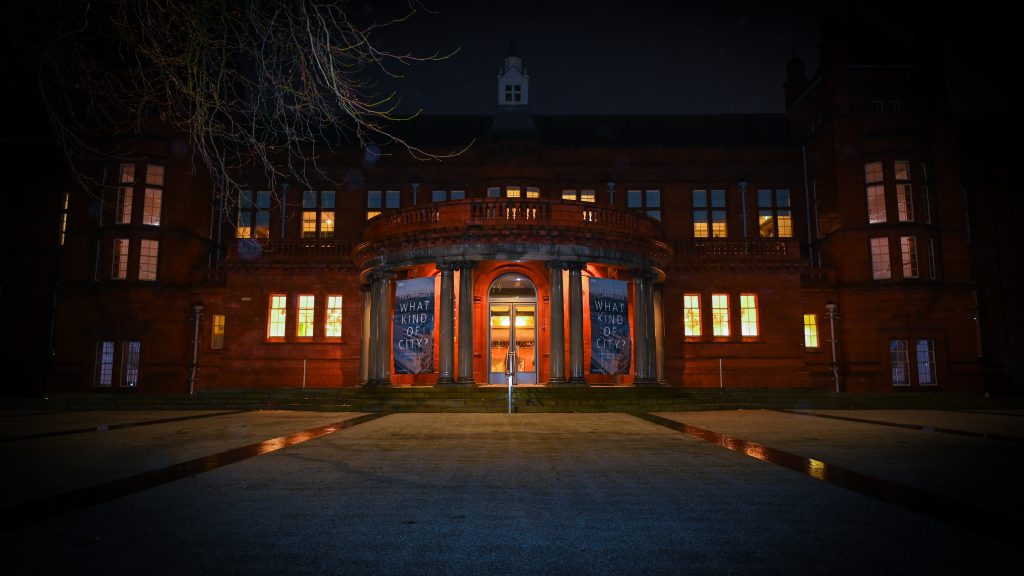
Face to face sessions were held at the beautiful Withworth Art Gallery
8th December Morning Online Session
What is translation? Translational Research Culture at the University and Beyond
The opening session on the 8th December was chaired by Professor Luke Georghiou and focussed on the translational research culture at the University and beyond. Professor Georghiou opened the event and the session by talking about translational research at the University and this was followed by a presentation from Prof Ben Bridgewater on the interaction between the University and Health Innovation Manchester in research translation. Dr Louise Farrand from the Innovation Factory then explained the importance of commercialisation in translational innovation, and Prof Colette Fagan gave an overview of the impact of translation beyond commercialisation. Prof Nigel Hooper highlighted the importance of Wellcome’s Translational Partnership Award, which is delivered through Translation Manchester, in helping overcome bottlenecks in translational research to deliver impact. The opening session finished with an inspiring panel discussion which covered topics ranging from how post-doctoral researchers can improve their translational research profile to more philosophical discussion on what exactly a translational research culture is.
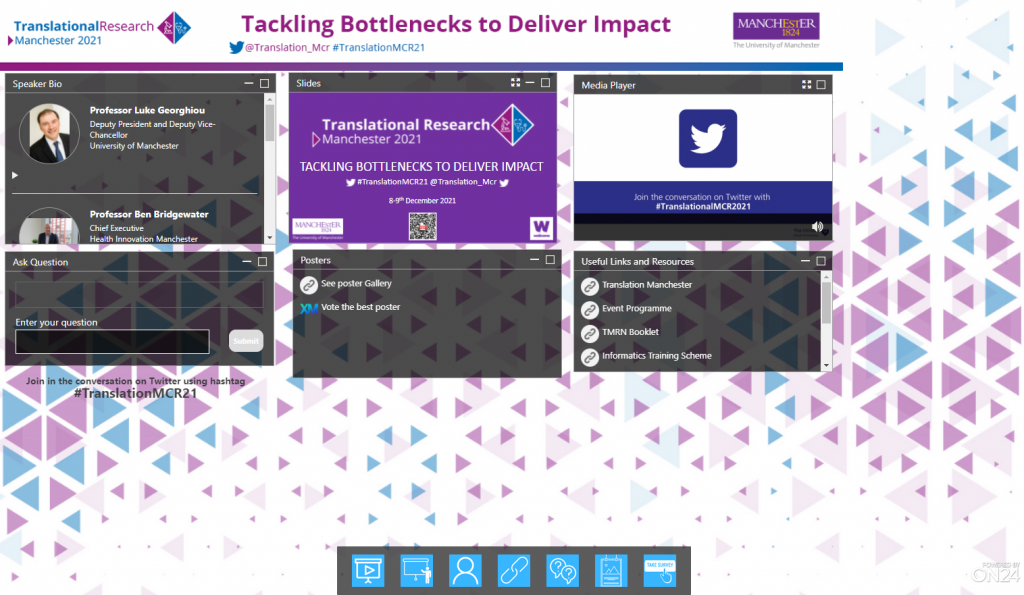
Online sessions were delivered on the ON24 platform facilitated by the The Christie School of Oncology events team
8th December face-to-face lunch session
Posters, lunch and Networking session
The second session was a face-to-face networking lunch in the beautiful surrounds of the Grand Hall at the Whitworth Art Gallery. It was a truly interactive session with 28 posters highlighting the breadth of translational research being undertaken across the university by PhD students and post-doctoral researchers. For some it was the first ever opportunity to present posters in person and they thoroughly enjoyed the experience of being able to talk about their work to interested and esteemed colleagues and make new connections. No poster session is complete without a bit of competition and the poster presenters were evaluated by our expert judges who picked the best poster presentations from Phd students and post docs. Additionally, attendees of the event were invited to express their preference for best poster. Prizes for best PhD poster, best post-doctoral researcher poster and a people’s choice were awarded during the evening ceremony.
- Lunch and Networking
- Lunch and Networking
- Lunch and Networking
- Lunch and Networking
- Lunch and Networking
Poster Prize Winners
The winners for the poster prize competition were:
Best poster presentation from PhD student
1st PhD – Laurence Tan
2nd PhD –James Price
Best poster presentation from PhD student
1st Dr Joanna Oladipo
2nd Dr Steffan Llewwllyn
People’s Choice Award
Dr Rinal Sahputra
- Prof Nigel Hooper awarding poster prizes
- Dr Joanna Oladipo – Best poster Post Doc
- Prof Nigel Hooper awarding poster prizes
- Dr Rinal Sahputra – People Choice Award
9th December Online Morning Session
Celebrating Translational Partnership Award successes
The second day started with another online session focussing on the previous successes of the TPA with case studies presented from previous Access to Expertise (A2E) and Projects for Translation (P4T) awardees. Talks from Professor Tracy Hussell, Prof Mark Travis and Dr Pauline Whelan highlighted how the A2E awards helped them find the expertise they needed in order to overcome a translational bottleneck whether it be buying out surgical time to collect samples, to recruiting a research nurse to help consent patients and collect samples to getting in external advice to help develop an app for use with patient groups. Talks from Professor Brian Bigger, Dr Claudia Lindner and Professor Jeremy Derrick highlighted how the P4T awards had helped them move their research projects along the translational pipeline by funding researchers to perform a particular piece of research and gather the evidence and or data in order to obtain the necessary follow on funding or regulatory clearance.

Translational Pathway: The TPA supports all stages of translation
Hearing from these successful stories highlighted the importance of our pump priming initiatives in helping projects at any stage to progress along the translational pathway, secure further funding, and generate real life impact on patients.
This session also involved an interactive poll asking attendees to identify what they saw as the major bottlenecks to translational research and access to pump priming funds, access to clinical expertise and access to clinical samples were seen as the major bottlenecks.
9th December Online Afternoon Session
Team Science in Translation
The second session on day 2 focussed on Team Science and was chaired by Prof Rob Bristow, who gave a great introduction to how Team Science works at the Manchester Cancer research Centre (MCRC). Prof Sarah Cartmell then gave the scientist’s vision of how Team Science can help translational research using the example of the development of a novel tendon repair device including the establishment of a spin out company. Using examples from his own research in SLE and cognitive fatigue, and the Manchester BRC as well as the Greater Manchester COVID-19 Rapid Response group, Prof Ian Bruce highlighted the importance of multi-disciplinary teams working together to deliver clinical impact. Dr Bella Starling, from VOCAL, highlighted the importance of involving patients in research design. Without patient input into identifying what matters most to them, translational research cannot make a true impact. Rachel Chown then illustrated how a Town Hall format can be used to facilitate a Team Science approach to identifying research problems as well as highlighting the importance of including project managers and support staff in the Team Science approach. The session ended with a great talk from Dr Steve McChonchie from Aptus Clinical on the industry perspective of Team Science and how important building working relationships between industry and academia is in order to be able to rapidly respond to changing situations like the emergence of the COVID-19 pandemic.
9th December face-to-face evening ceremony
Celebration evening
The final session was another face-to-face networking event, an evening reception to celebrate the successes of the TPA to date and the recent renewal of the award for another 3 years. We were honoured to have Sir Richard Leese, chair of the Integrated Care Board in Manchester and recently leader of Manchester Council who highlighted how translational research at Manchester fits into the wider of the Greater Manchester health ecosystem.
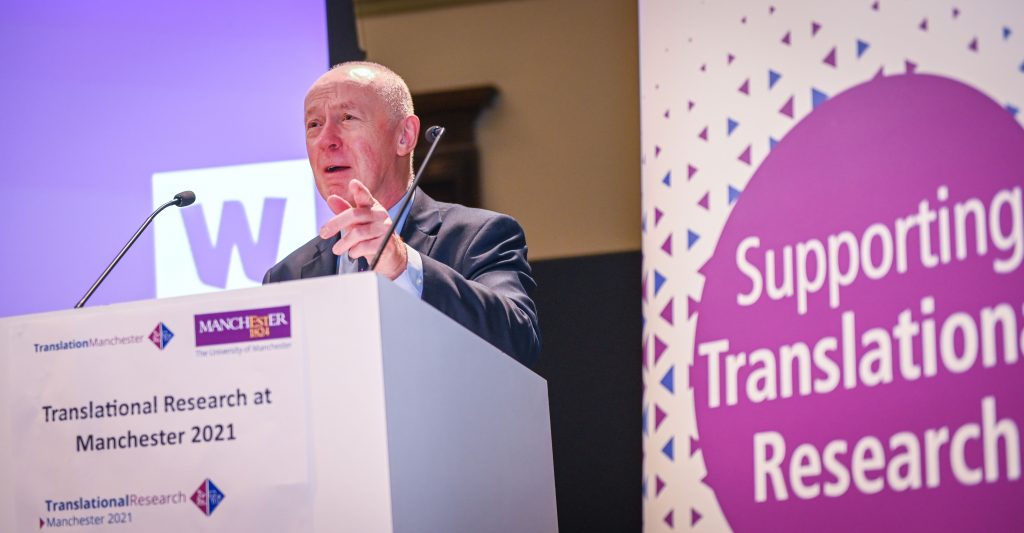
Sir Richard Leese delivering the keynote address
Overall, our event highlighted the importance of a Translational Research Culture and showcased the breadth of translational research across the University and Manchester NHS Trusts. We highlighted the impact of translational research on patient outcomes and discussed the importance of collaborations and multidisciplinary working.
We would like to thank all our speakers, poster presenters and poster judges for making the event so informative, enjoyable and successful.
For any of your translational needs please do not hesitate to contact Translation Manchester and the Translational Research Managers Drs Fiona Foster and Alessandro Faroni.
Event Photo Gallery

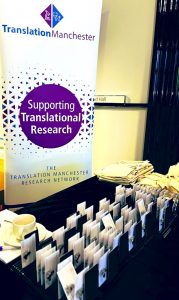
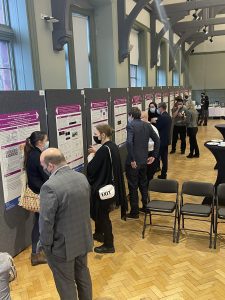
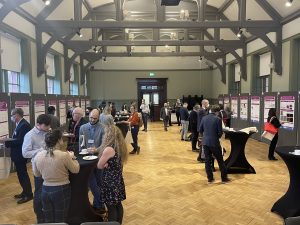
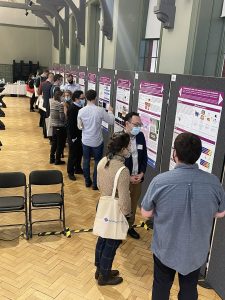
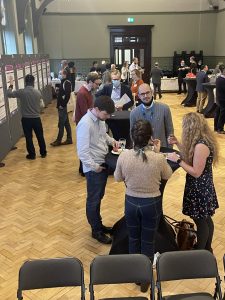
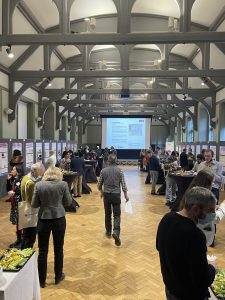
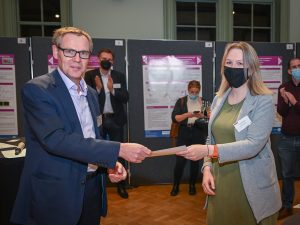
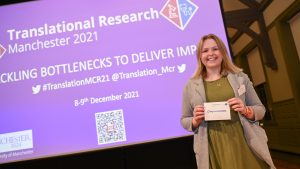
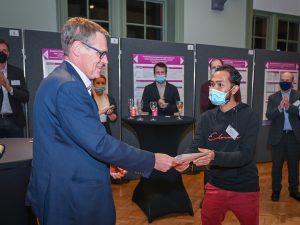
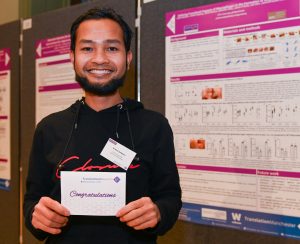
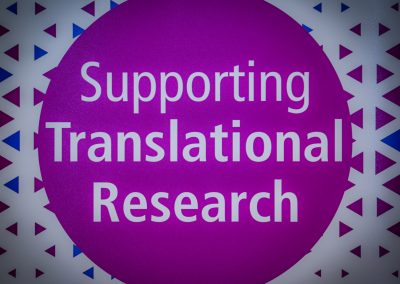
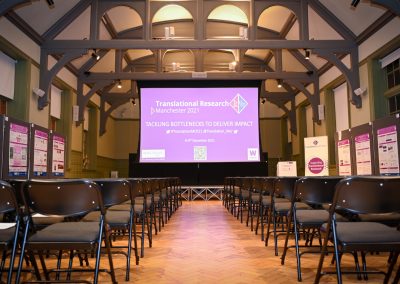
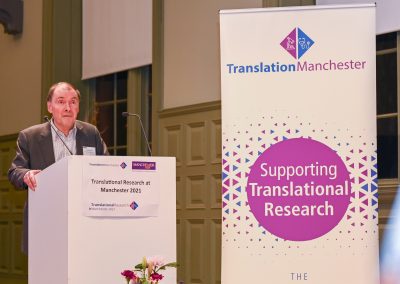
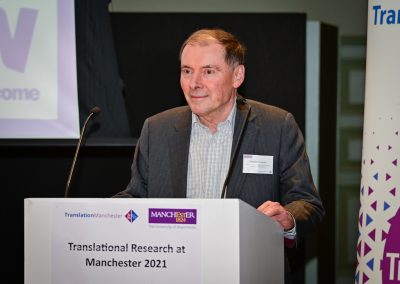
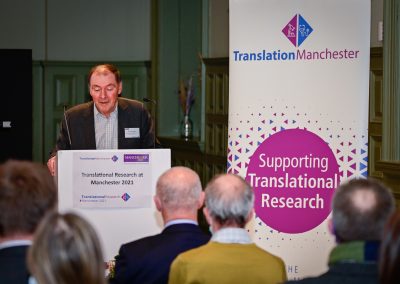
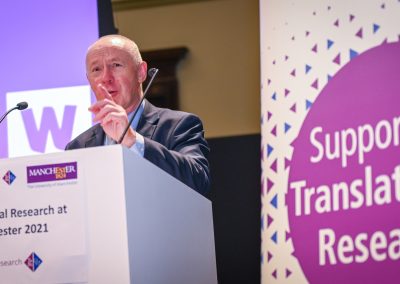
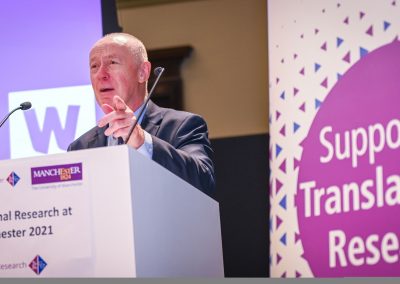
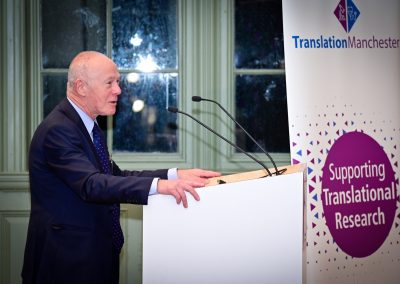
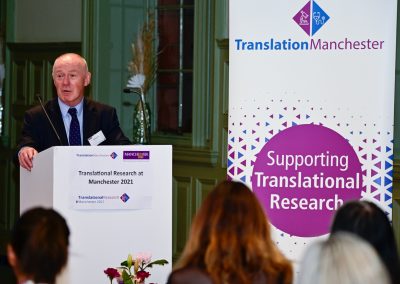
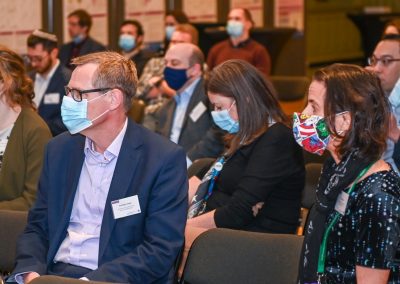
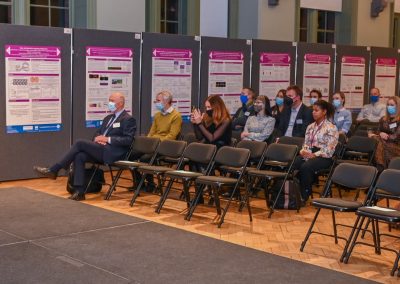
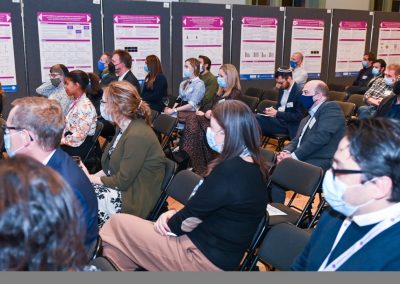
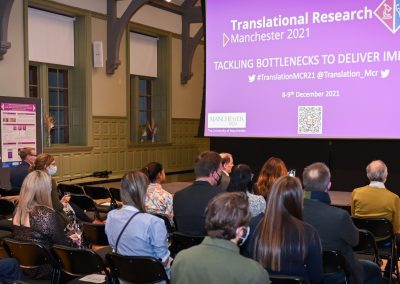
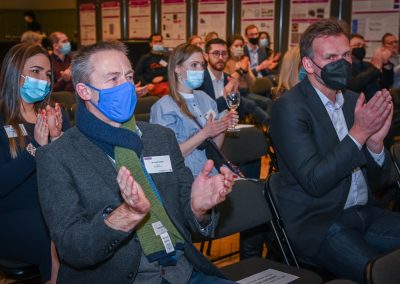
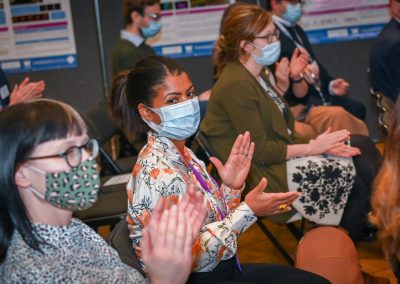
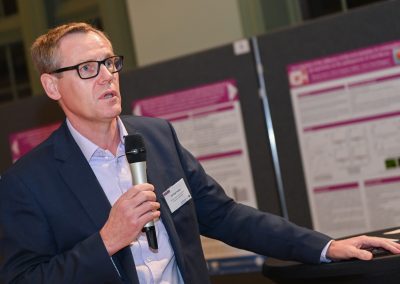





0 Comments